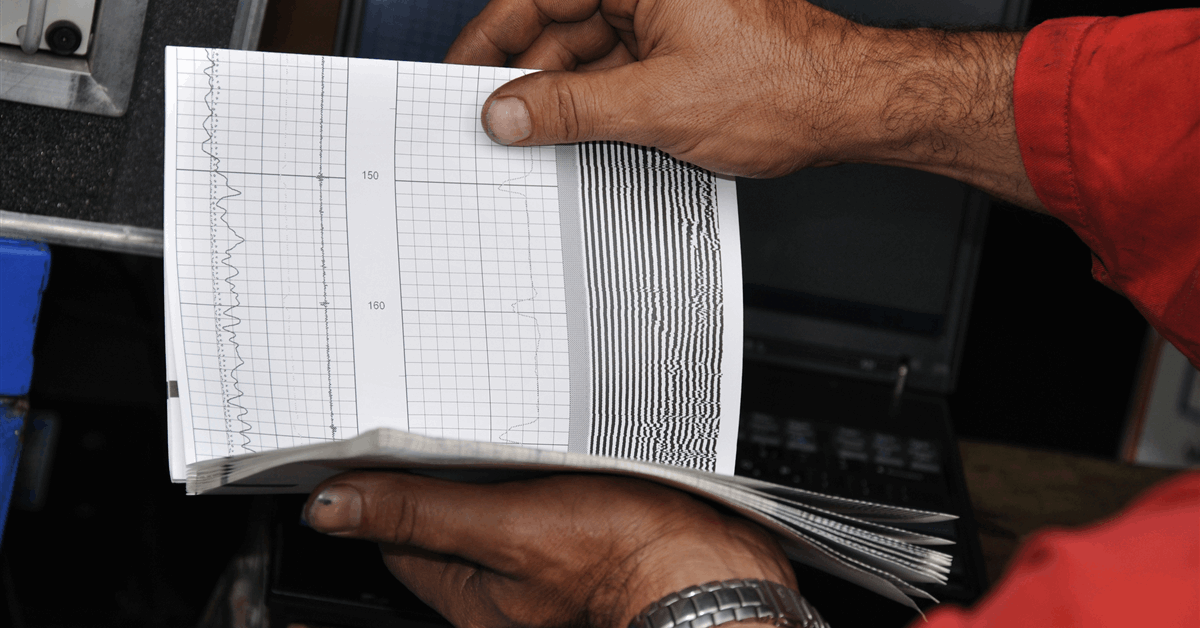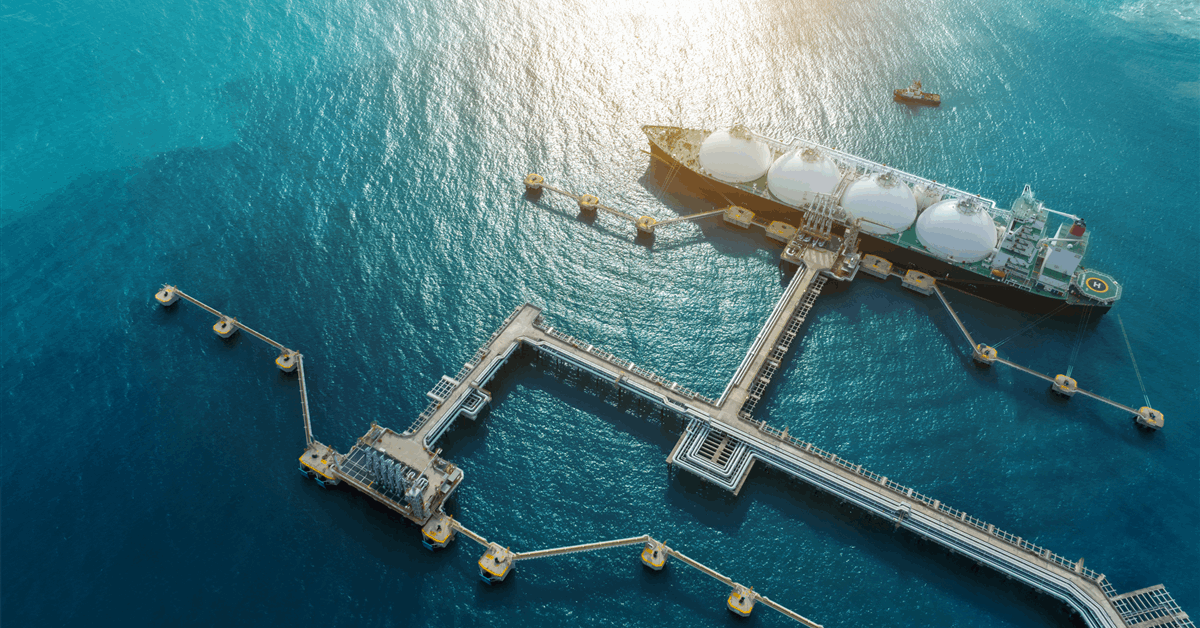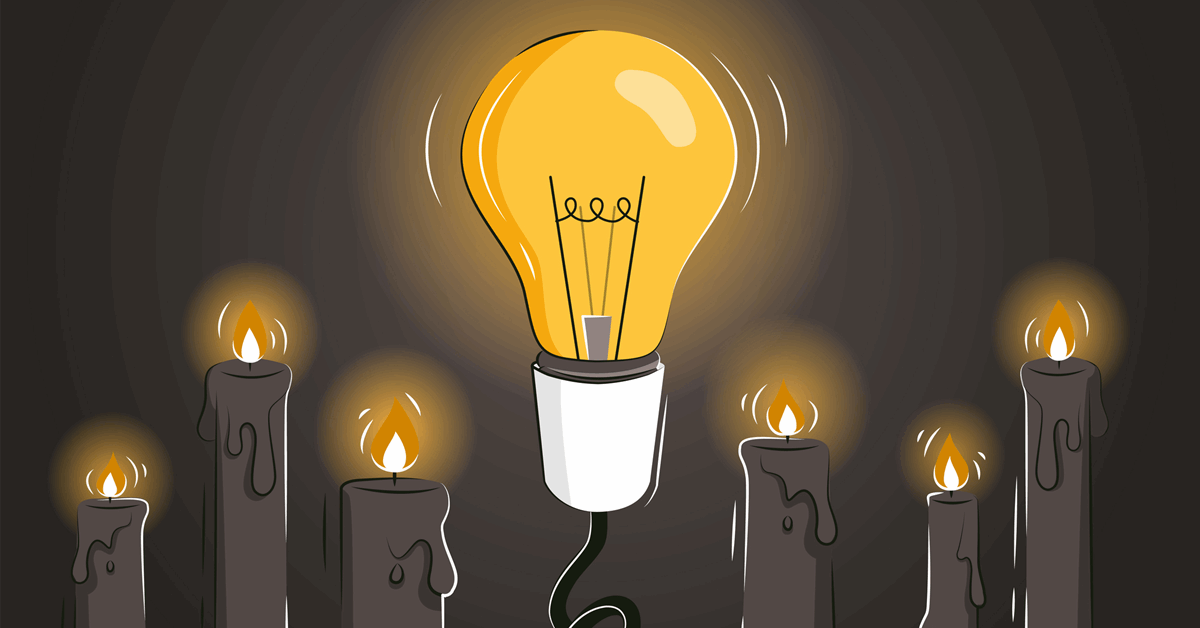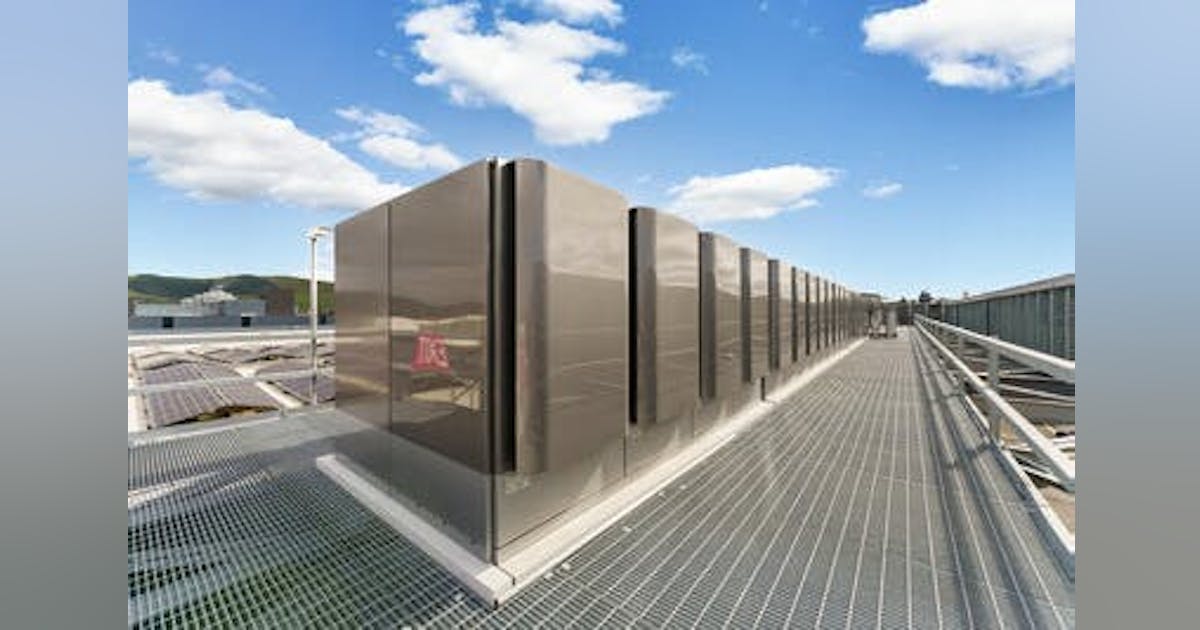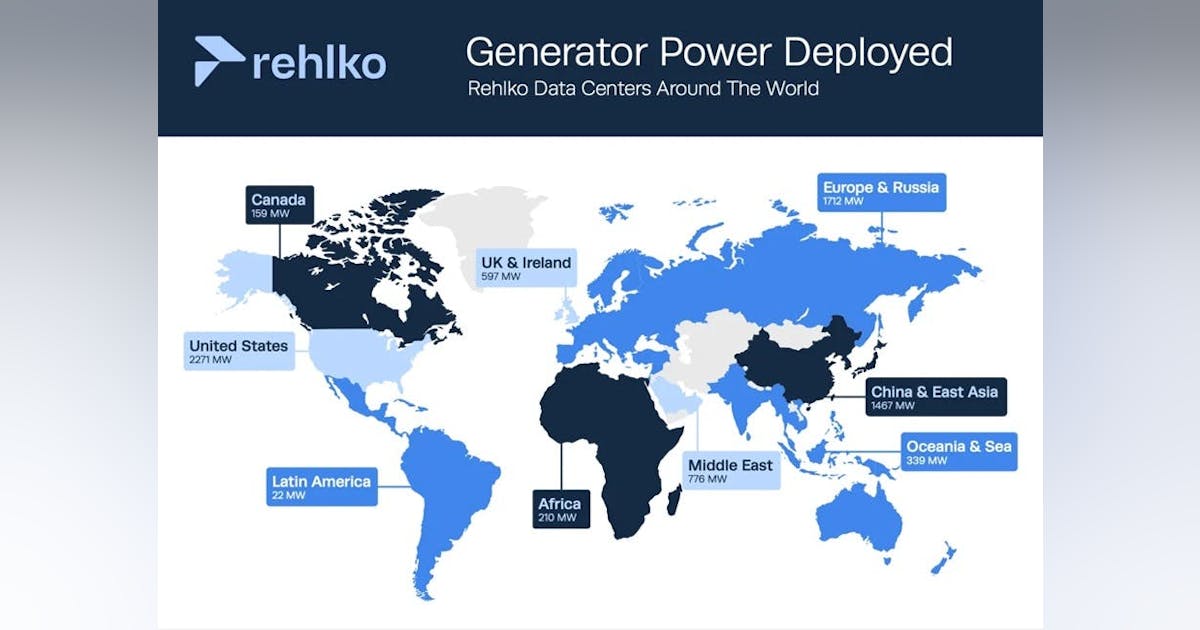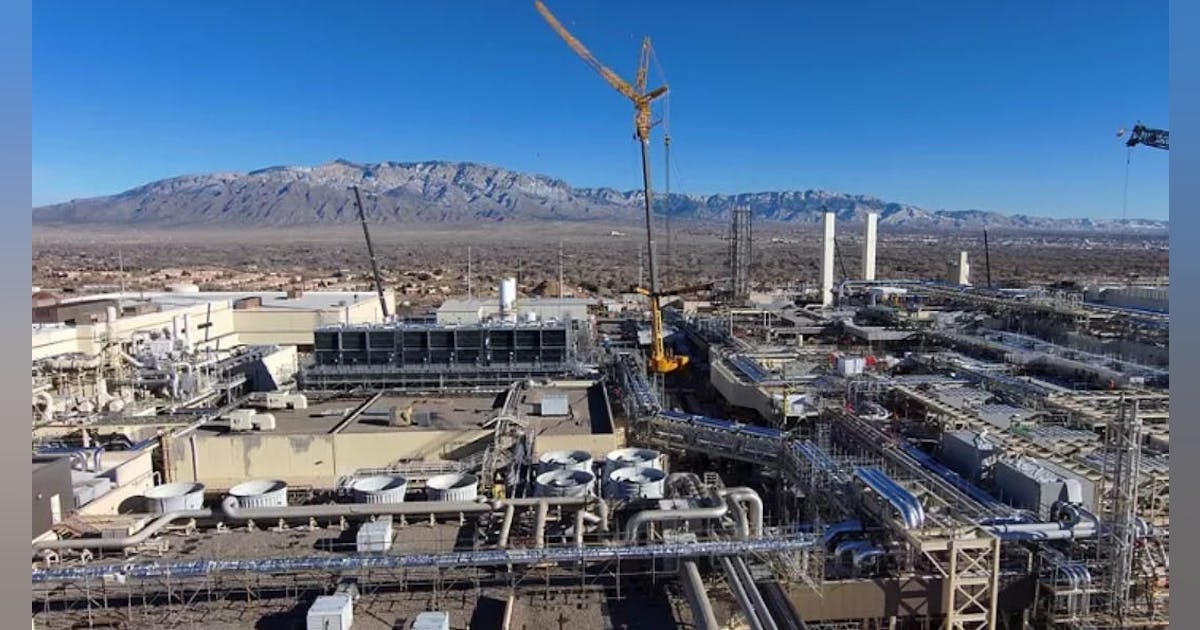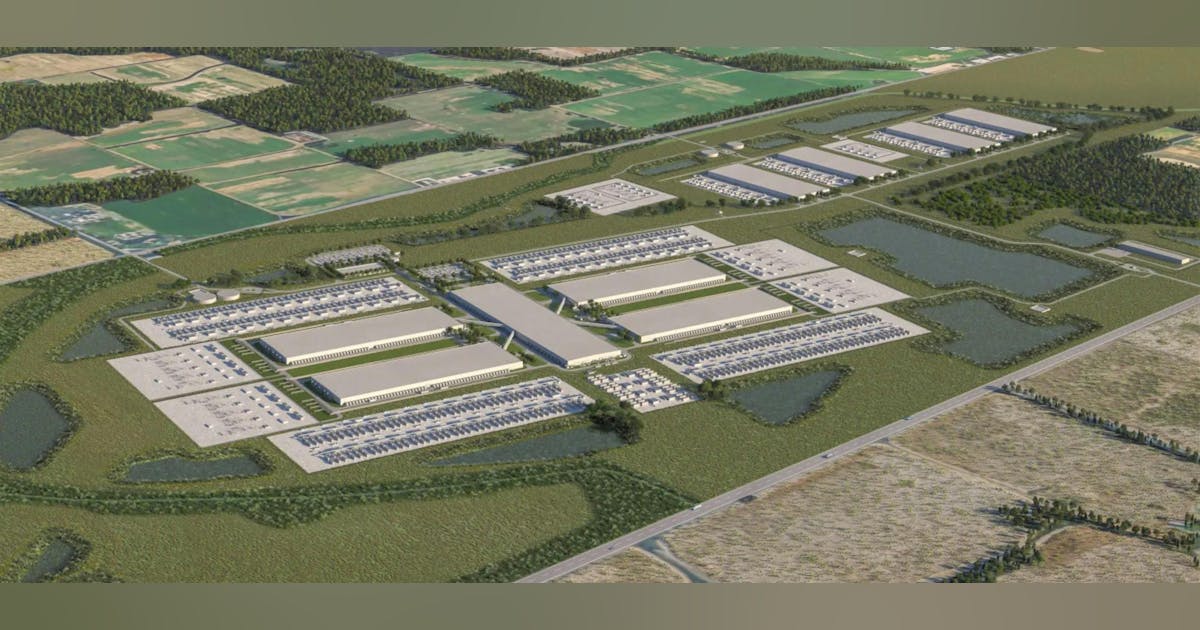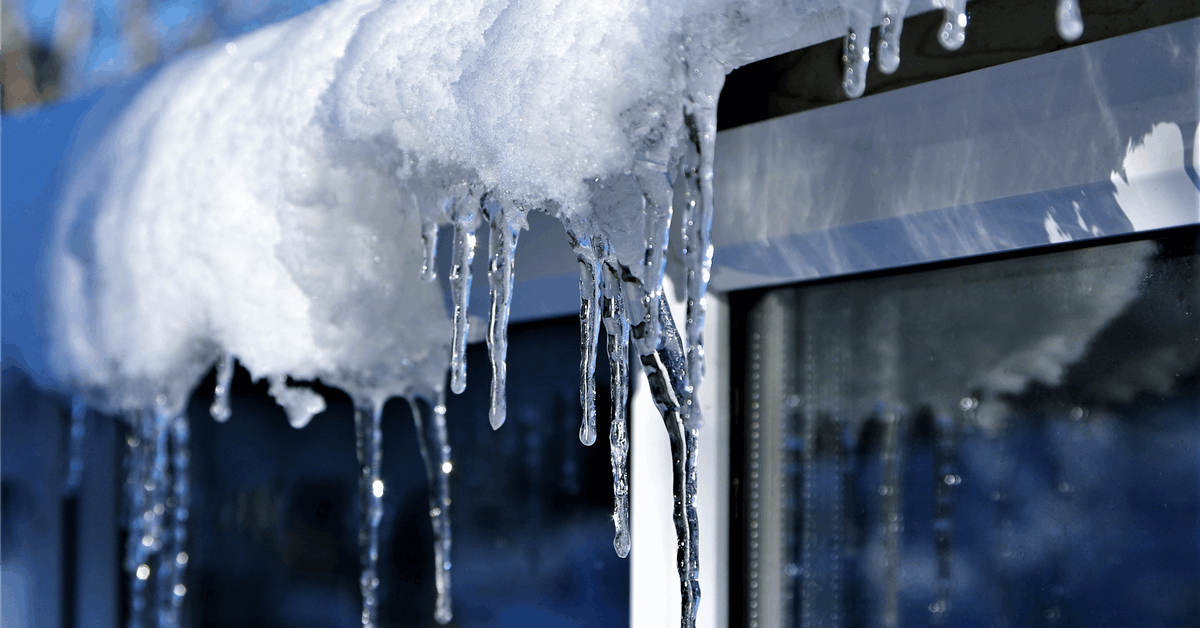
Centrica Plc says that the UK’s gas reserves are at “concerningly low” levels as freezing temperatures grip the country, boosting demand for heating.
The owner of British Gas said that colder-than-usual conditions in the UK combined with the end of Russian gas pipeline supplies through Ukraine has meant that gas inventory levels in the UK have fallen.
As of Thursday, UK storage sites are 26% lower — or around half full — than at the same point last year, leaving the country less than a week of gas demand to fall back on, Centrica said in a statement on Friday.
While there isn’t risk of an immediate shortage of supplies to homes and businesses, the rapid depletion may make restocking more challenging in preparation for the next heating season. Month-ahead gas prices are up 42% compared to this time last year, putting pressure on households and industry as they strive to recover from the worst cost-of-living crisis in decades.
“Energy storage is what keeps the lights on and homes warm when the sun doesn’t shine and the wind doesn’t blow, so investing in our storage capacity makes perfect economic sense,” Centrica’s Chief Executive Officer Chris O’Shea said in a statement. “We need to think of storage as a very valuable insurance policy. Like any insurance policy, it may not always be needed, but having more capacity helps protect against worst-case scenarios.”
Centrica’s Rough was the largest gas storage site in Great Britain, providing 150 billion cubic feet of storage capacity. It was closed in 2017, a decision that has been widely criticized as it left the UK deeply exposed to gas flow disruptions in winter. The site was partially reopened and the current capacity is as high as it can safely go without redevelopment and expansion.
The UK’s energy policy has been in the spotlight following social media comments from US President-elect Donald Trump that windfall tax on oil and gas producers was a “very big mistake.” The Labour Party had also promised during last summer’s election campaign to stop issuing North Sea licenses for new oil and gas exploration, contrasting with Trump’s plans to encourage more domestic oil and gas development in the US.
Centrica has been pushing for hydrogen storage to also play a part in the UK’s energy security. It said large-scale hydrogen storage, such as its Rough facility in the North Sea, could reduce energy costs by £1 billion ($1.3 billion) a year by 2050.
Europe is also burning its reserves quickly. The continent is also increasingly exposed to market volatility as it relies on global liquefied natural gas to replace the shortfall left by the end of Russian pipeline flows via Ukraine.
What do you think? We’d love to hear from you, join the conversation on the
Rigzone Energy Network.
The Rigzone Energy Network is a new social experience created for you and all energy professionals to Speak Up about our industry, share knowledge, connect with peers and industry insiders and engage in a professional community that will empower your career in energy.
MORE FROM THIS AUTHOR
Bloomberg

